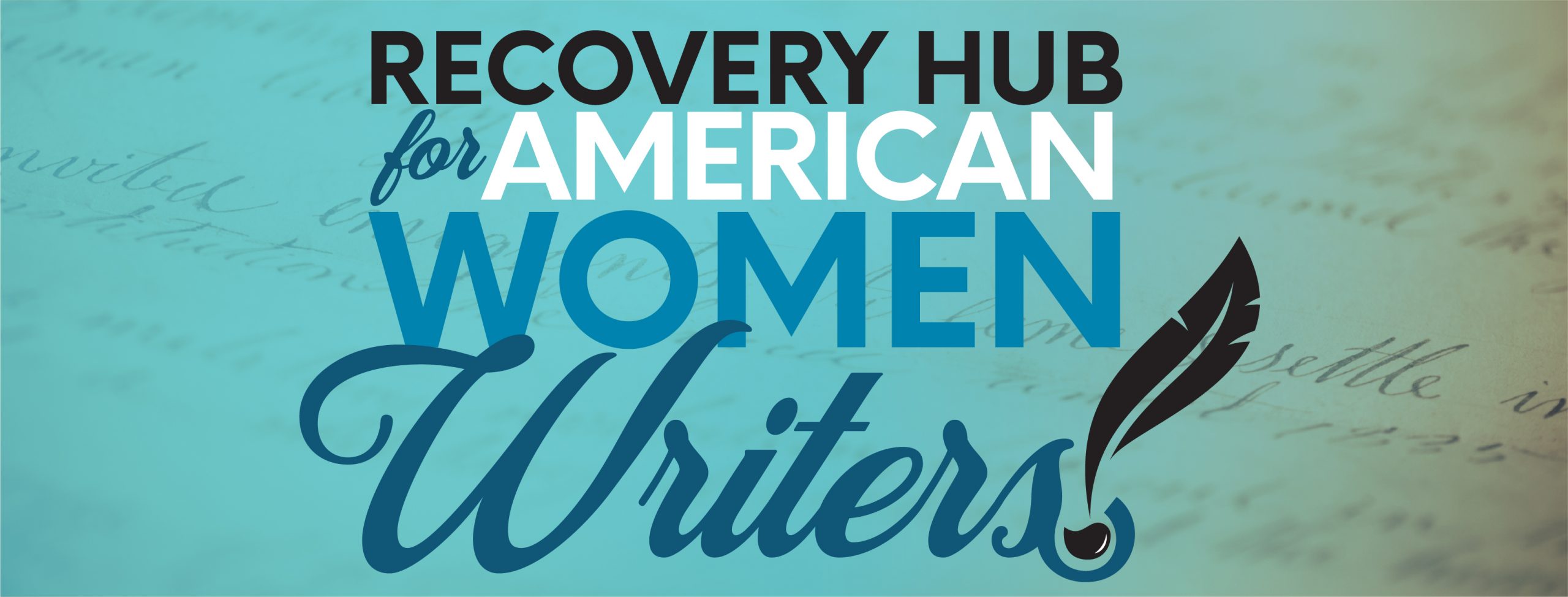The Society for the Study of American Women Writers is currently accepting abstracts for their upcoming 2021 conference.
CFP: 2021 SSAWW Triennial Conference “American Women Writers: Ecologies, Survival, Change”
November 4-7th, 2021 Baltimore, Maryland
For the 2021 SSAWW Triennial Conference in Baltimore, we invite proposals on the topic of “American Women Writers: Ecologies, Survival, Change.”
Proposals are welcome on subjects from early American literature to the literature of the present. Proposals might engage with these topics but are not limited to them:
I. Studies of Writing that
- Examines the systems in which we live, labor, and love
- Fosters survival and envisions change
- Illuminates crises that make the ecologies that constitute our worlds visible or hyper-visible
- Represents existing ecologies and imagines alternative ecologies
- Brings together metaphors of disease, national peril, and anti-immigration, especially 19th and 21st century writing by women
- Resists nativist discourses of contagion and national peril, especially 19th- and 21st century by immigrant women
- Represents systemic barriers to social justice and routes to achieving it
- Envisions intersectionality as forms of ecology
- Exposes systemic gender inequities
- Connects racism and racial and gender bias to physical and cultural health issues
- Highlights memoir and letters as expressions of relationships between individual lives
- Explores the role of writing in emotional recovery from systemic oppression and/or illness
- Addresses women’s engagement with ecologies of print culture and beyond: periodicals, newspapers, magazines, pamphlets, books, the internet, etc.
- Opposes epistemicide
- Explores ecologies of the archive: what is accessible, sustained, recreated, generated, perpetuated, and/or perpetrated in archival and recovery processes; where do women writers live, survive, and thrive?
II. Proposals on Teaching and Pedagogy that
- explore the ecologies of academic institutions and the role of women scholars within (and against) them)
- address literary canons as ecologies and propose healthier, more diverse ecologies of literature and literary study
- model ways to by-pass anachronistic approaches and create new lenses for student research/scholarly production, etc.
- move beyond academic monocultures by engaging the intersections of art, music, literature, etc. for a more interdisciplinary approach
- examine the predominant methodologies of discrete historical eras and their presence in the work of women writers and artists
III. Public Humanities
- Performance
- Scholarship as social engagement
- Teaching outside of the academic classroom
- Creating partnerships for public humanities by bridging the university and the public sphere
IV. Pedagogies and Scholarship in the Digital Era
- Surviving and thriving pedagogically in the digital era
- Teaching via distanced learning
- Using digital tools, assignments, and projects in the classroom
- Adapting to the move to online curricula
- Showcasing research projects and student work in digital modes
- Devising models of resistance, politics, and economic compensation in the digital age
- Shepherding projects from initial idea stage to fully-formed digital works
V. Digital Humanities
- Building and sustaining DH projects from grant funding to long-term sustainability
- Creating networks for digital projects beyond the university
- Developing the relationship between recovery work and digital platforms
- Making it count: how to construct a digital portfolio for research and promotion
VI. Professional Development
- Professional challenges within universities or the discipline (e.g., how to “count” digital work toward promotion and tenure, reconsidering the value of edited volumes, etc.)
- From PhD candidate to colleague: demystifying the academic job market
- The non-academic job search and the role of humanities outside th academy
- From proposal and beyond: understanding academic publishing in the twenty-first century
For more details and submission information, visit the SSAWW website.

